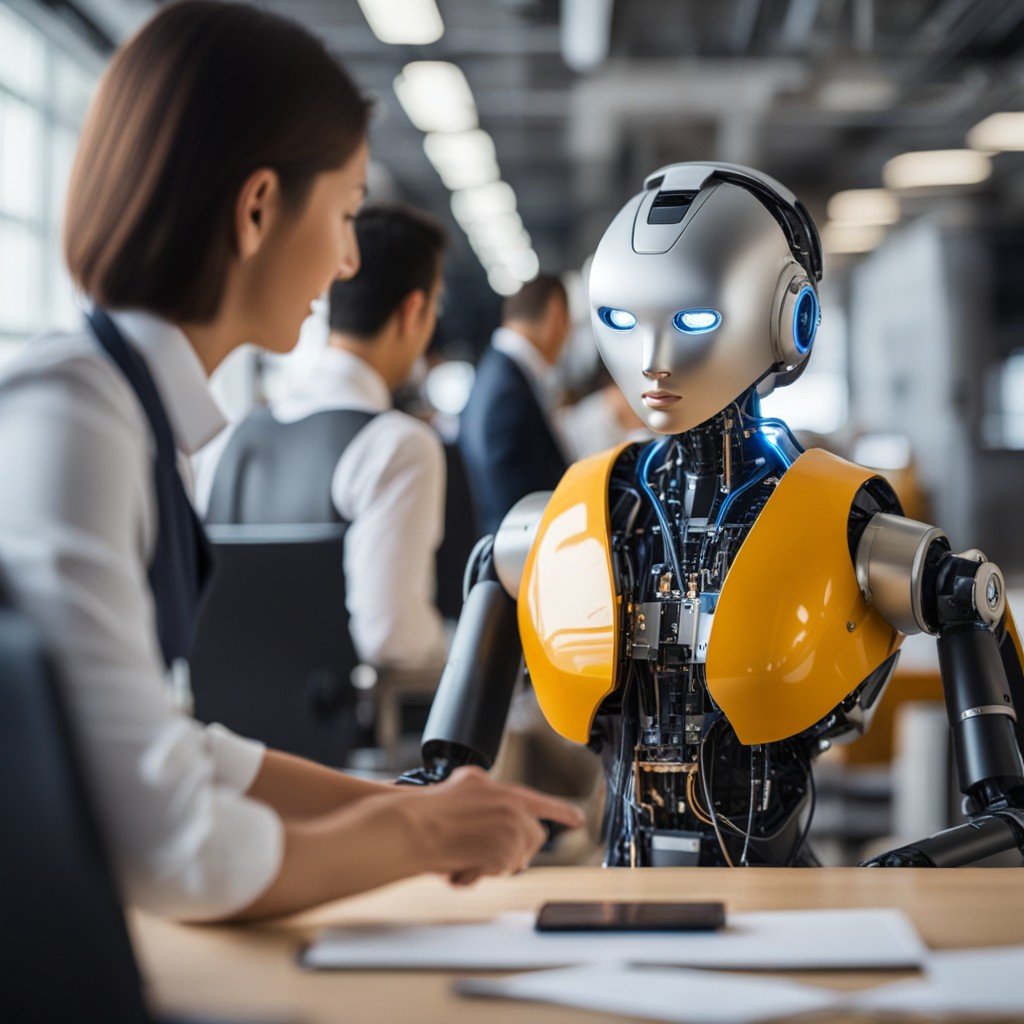AI Will Change the Labor Market
According to a new estimate by Morgan Stanley, the labor market would likely undergo major change as a result of the growing influence of artificial intelligence (AI). In the coming years, according to analyst Brian Nowak, 44% of the labor force will be impacted by AI. The predicted 4.1 trillion dollar economic impact changes input costs, automates jobs, and changes how businesses process and analyze data. At the moment, 25% of labor is thought to be affected by AI, which has an estimated 2.1 trillion dollar impact.
According to Nowak, the range of business operations that can be automated is rising as a result of generative AI. A highly expansionary impact on software development is made possible by the continually declining input costs supporting GenAI capabilities.
Adoption of AI Creates Significant Opportunities for Software Vendors
Software vendors are anticipated to gain considerable advantages from the expanding integration of AI in numerous industries. According to Morgan Stanley, over the next three years, these vendors might take 5% of the 4.1 trillion dollars in labor impact, or a total addressable market of 205 billion dollars. Furthermore, there may be a $150 billion opportunity for global industry investment if generative AI adoption among enterprise workloads hits 20% over the next three years.
The three main factors that affect our spending prediction are “AI capabilities, software take rates, and enterprise adoption,” according to Nowak.
A Game-Changer for Workforce and Business Processes: Generative AI
The way people work and access information will change as a result of generative AI, as demonstrated by models like ChatGPT. It will ultimately result in adjustments to employment roles and responsibilities, with some jobs being automated or enhanced while others are left unaltered. This does not necessarily imply that 40% of the workforce will be laid off. Instead, it will lead to the creation of new jobs for people, such monitoring the accurate and responsible usage of new AI-powered technologies.
Consider customer service as an example. Generative AI’s potential to comprehend a customer’s purpose and put a wealth of facts at an agent’s fingertips significantly improves their ability to address a customer’s issue swiftly and completely.
Getting Ready for an Economy Driven by AI
Companies and employees must adapt and upskill as generative AI spreads throughout multiple industries and continues to develop. Employing ChatGPT and DALL-E or tailoring models with their own data to improve accuracy and utility are only two of the choices that businesses must take into account. Making ensuring that generative AI is used responsibly and that models don’t put both individuals and businesses at unacceptable danger is equally important.
Additionally, governments and corporate leaders must work together to develop a governance strategy that is inclusive, secure, and moral while simultaneously facilitating advancement and encouraging experimentation. By doing so, new opportunities for growth will be unlocked and an important basis for societal trust will be established.








